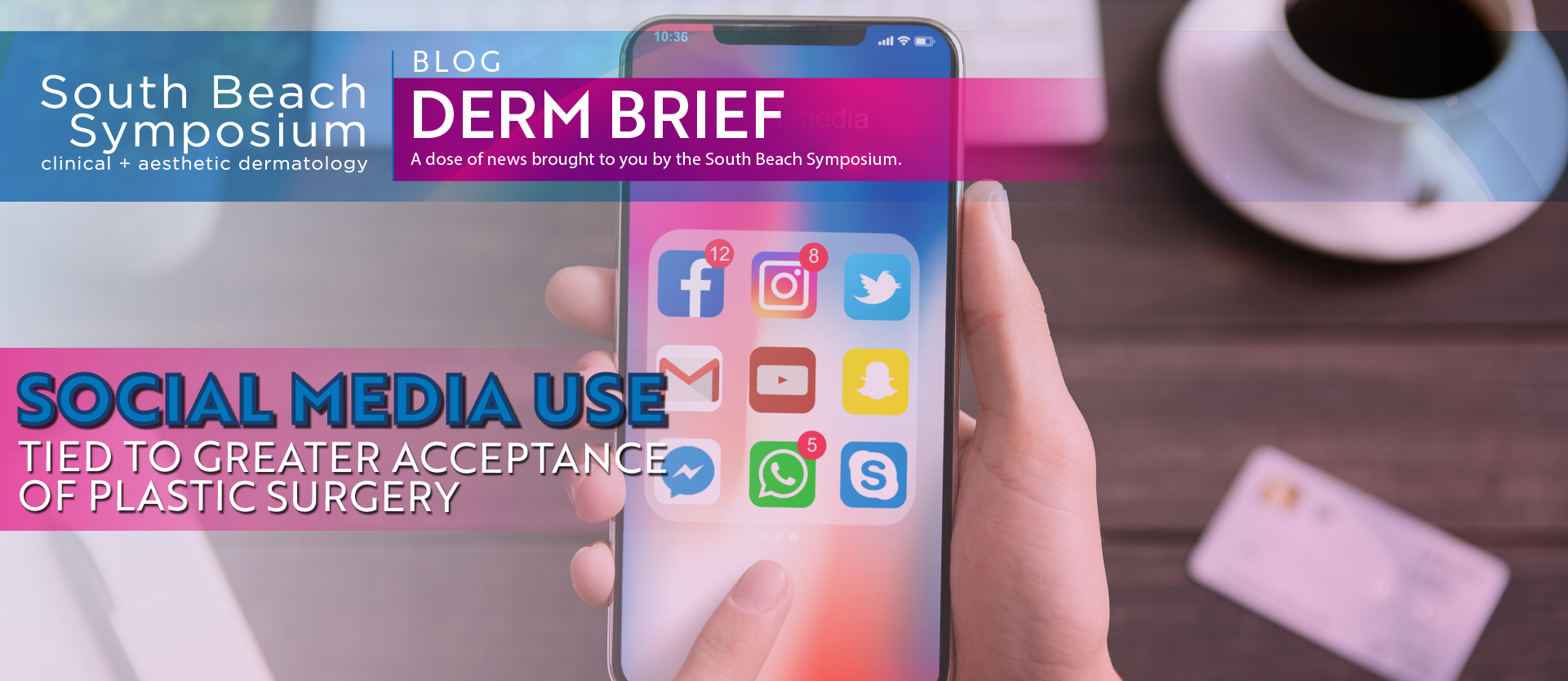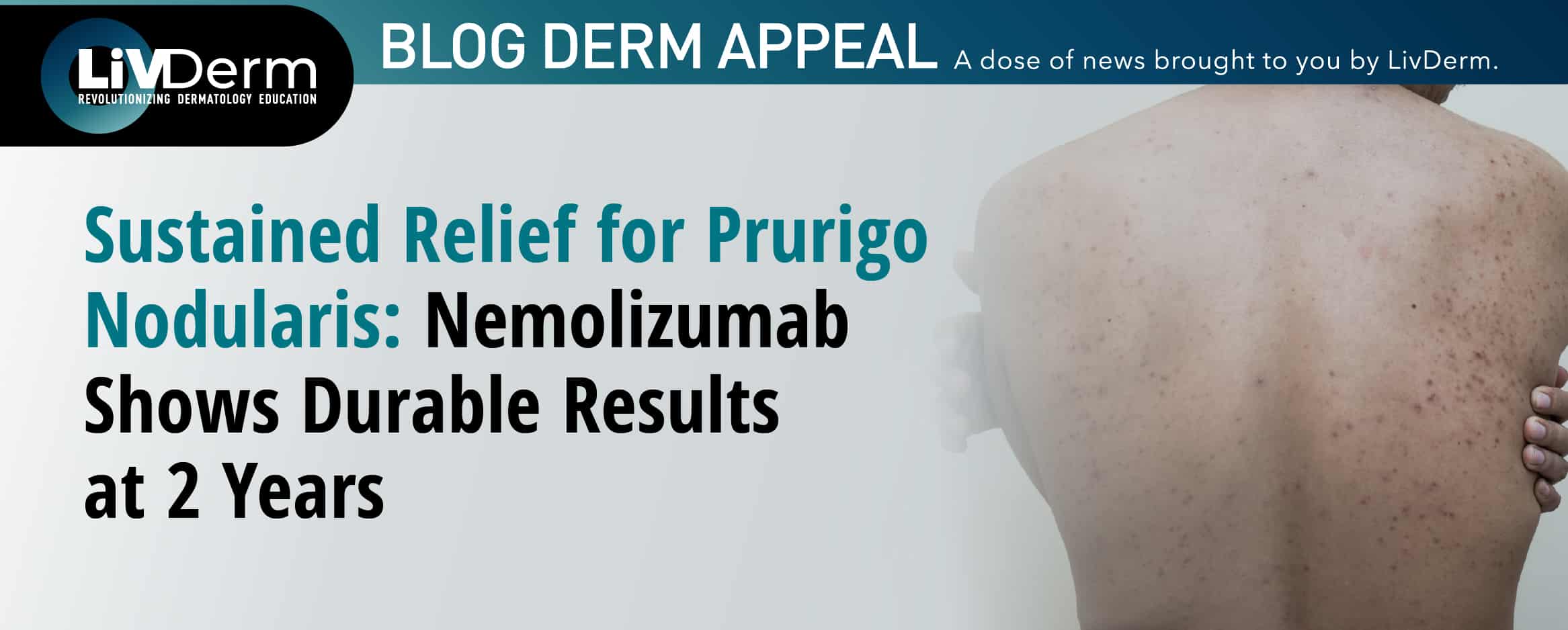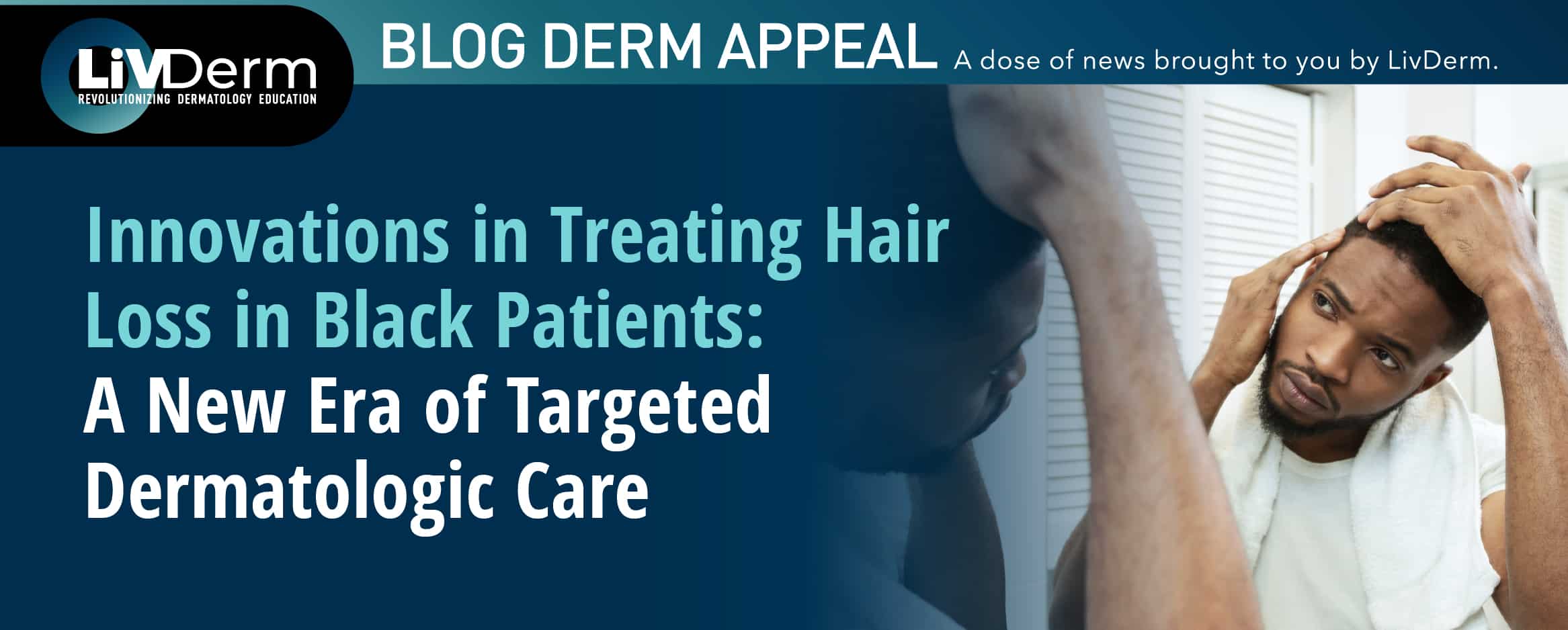The prevalence of social media and its deeply-rooted influence on changing societal norms has not only led to increased photo editing – to portray digitally enhanced representations of user’s appearance – but also to lower self-esteem among the population. Social media platforms are increasingly popular sources of inspiration; the growing presence of aesthetic medicine practitioners and increased plastic surgery content are contributing to shifting attitudes toward cosmetic procedures. The decrease in stigma associated with aesthetic procedures and the growth in their acceptance has caused a boom in cosmetic procedures over the past several years.
An ever-increasing number of consumers wanting to improve their self-esteem and self-confidence is reflected by the tremendous growth within the aesthetic medicine market. According to a recent report from the American Society of Plastic Surgeons (ASPS), Americans spent over $16.5 billion on plastic surgery and minimally invasive procedures last year. In 2018, there was a total of 17.7 million cosmetic procedures performed – up by nearly a quarter million from the previous year. As these numbers continue to rise, researchers are looking to identify the impact of social media on changing perceptions of cosmetic surgery within the population.
The Use of Social Media, Self-Esteem, and Cosmetic Surgery Acceptance
In a recently published study, a team of researchers from Johns Hopkins University aimed to assess whether self-esteem and the use of social media platforms along with photo editing applications are tied to cosmetic surgery perceptions. Jonlin Chen and colleagues conducted an online population-based survey from July 1 to September 19, 2018 of 252 participants to determine whether these factors are associated with changing attitudes toward plastic surgery. The study cohort was 73% (184) female and 53.2% white, with a mean age of 24.7 years.
Researchers measured participant self-esteem using the Rosenberg Self-esteem scale and the Contingencies of Self-worth scale, while cosmetic surgery attitude was assessed using the Acceptance of Cosmetic Surgery Scale. Using unpaired, 2-tailed t tests and structural equation modeling, investigators assessed the association between social media investment and plastic surgery perception in the cohort.
Comparing Rosenberg scale scores from individuals using platforms and applications, the team found lower self-esteem scores in participants who reported using YouTube, WhatsApp, VSCO, and Photoshop, compared with those who were nonusers. In participants who reported using other social media and photo-editing applications there was no statistically significant difference in self-esteem measures. Social media investment was positively related to cosmetic procedure consideration, with the highest scores on the Acceptance scale found in Tinder, Snapchat, and Snapchat photo filter users. In Instagram photo filter and VSCO users, increased consideration of cosmetic surgery was reported, but was not tied to overall acceptance compared with nonusers.
Shifting Attitudes and Implications
The study’s findings reveal a positive correlation between increased social media investment and growing consideration and acceptance of cosmetic surgery. As the use of YouTube, WhatsApp, and other applications significantly affected self-esteem scores in the cohort, users of these platforms were more likely to consider plastic surgery. These results underscore the gravity of social media’s impact on both population mental health and its desire to conform to aesthetic ideals, revealing a concerning trend driving the growth in cosmetic procedures.
“These findings can help guide future patient-physician discussions regarding cosmetic surgery perceptions, which vary by social media or photo editing application use,” the authors of the study concluded.
As revealed by the recent study, there are marked changes in societal acceptance of plastic surgery and cosmetic procedures in part due to the rise of social media. Having a greater understanding of the underlying motivating factors behind patient’s concerns can not only help guide future patient-physician discussions to ensure desired results are achieved, but also introduce mental health screening opportunities for individuals with low self-esteem.
















